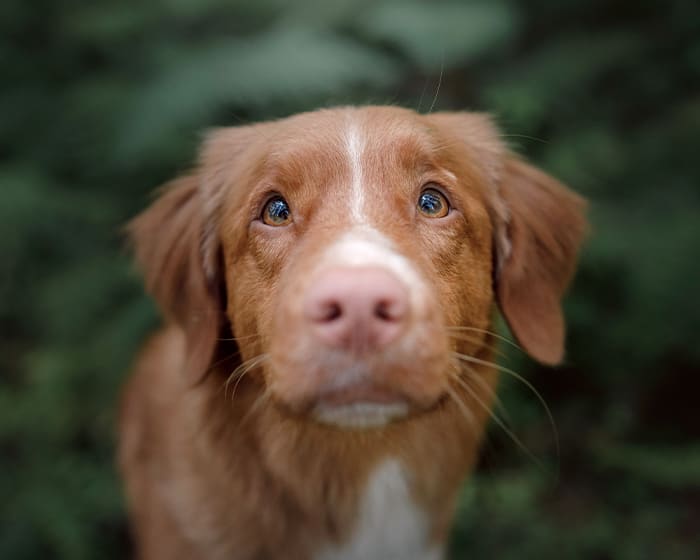
Specialized Veterinary Ophthalmology
By partnering with your pet’s primary care veterinarian, our board-certified veterinary ophthalmologist will provide the most comprehensive and compassionate eye care possible for your pet.
The eye conditions that can potentially affect your pet range from minor to severe. These conditions can lead to discomfort and can affect your pet’s vision. When caught early, treatment can reduce pain and preserve your pet's eyesight.
At Northwest Animal Eye Specialists, we can diagnose and treat virtually any eye disease or condition including cataracts, infections, tumors, glaucoma, dry eye, uveitis, corneal ulcers and more.
RELATED INFORMATION:
OFA Exams • Eye Surgery for Cats & Dogs • Common Eye Conditions
Our Board-Certified Veterinary Ophthalmologist
A board-certified veterinary ophthalmologist has completed a 1-year internship and a 3-year ophthalmology residency after veterinary school that focuses on treating eye disorders in animals. Throughout this training, an ophthalmologist is also required to pass comprehensive exams, and complete publication requirements to become board-certified.
What to Expect at Your Appointment
We want your visit with our veterinary ophthalmologist to be a pleasant experience from the moment you walk through the door. When you arrive, you will be greeted by one of our receptionists, who will help you complete the check in process.
Please bring any medications your pet is taking (eye, oral) to the first appointment. Recent blood tests or pertinent records should be faxed to us in advance of your visit.
- Patient History & Diagnostics
Once we have received all your information, we will bring you and your pet into an examination room and obtain a thorough history.
Initial diagnostic tests may include glaucoma (pressure) check, tear test, and fluorescein stain.
- Comprehensive Exam & Additional Diagnostics
The ophthalmologist will then perform a complete exam. The exam will include vision testing, slit lamp examination (biomicroscopy), and indirect ophthalmoscopy.
The ophthalmologist will then discuss with you the current ocular condition and make therapeutic and/or further diagnostic recommendations.
Other diagnostic techniques that may be performed include gonioscopy, nasolacrimal flushing, harvesting of corneal and conjunctival cells, cytology, aqueocentesis, ocular ultrasound, electroretinography, genetic testing for inherited eye disease, and blood pressure measurement.
- Discharge & Next Steps
When your visit is completed, you will be provided with discharge instructions containing a diagnosis, directions for medical therapy, and a description of the current ocular condition.
The ophthalmologist will also send your primary care veterinarian a referral letter to inform them of their findings. We strive to work with your veterinarian to provide the best comprehensive care possible.
Symptoms of Eye Conditions
There are common signs an animal may exhibit if eye disease is occurring. If your pet is experiencing any of the following symptoms, your veterinarian can contact us for an appointment with our trained veterinary ophthalmologist.
- Discharge
- Squinting
- Tearing / Tear-Stained Fur
- Swelling
- Vision Loss (sudden)
- Cloudiness
- Eye Rubbing
- Change in Eye Color
- Red Eye
- Vision Loss (gradual)

